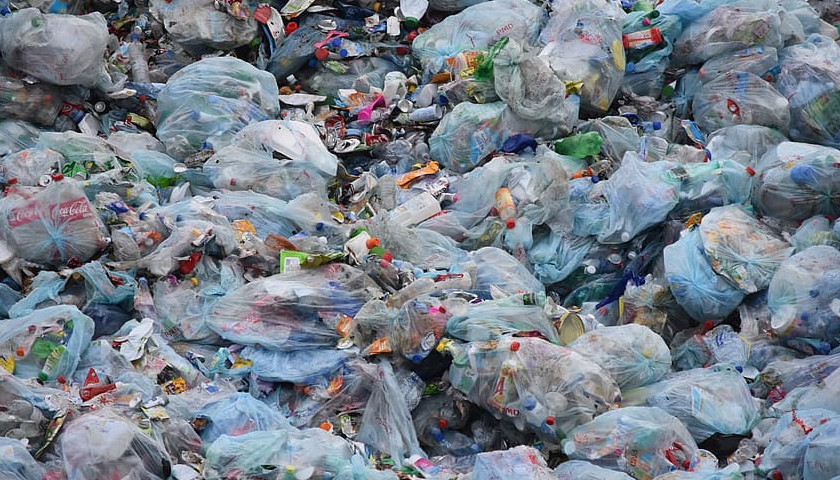by Benjamin Yount
Wisconsin is looking to set aside $125 million for PFAS (Polyfluorinated Substances) contamination abatement across the state.
The budget-writing Joint Finance Committee (JFC) on Thursday agreed to create a trust fund to help local communities deal with PFAS in their local water supplies.
State Rep. Mark Born, R-Beaver Dam, said Wisconsin needs to take some time and figure out the best strategy for dealing with PFAS contamination, but he said setting $125 million aside now will guarantee there will be money in the future to address the state’s needs.
“When it comes to this historic funding and PFAS we want to work with other people to create the right ways to make sure that this money is having the right impact on this serious issue here in Wisconsin,’ Born said.
“It’s a big problem, obviously, in our state, and the Legislature is taking this problem very seriously by committing $125 million to it,” JFC co-chair State Sen. Howard Marklein, R-Spring Green, told reporters.
State Sen. Eric Wimberger, R-Green Bay, has driven the Republican plan for PFAS contamination. He called the $125 million a “massive” investment that will “be a resource to address the issue in the future.”
Democrats at the Capitol are happy with the trust fund, but want the Republican-controlled legislature to do more about water quality right away.
“Parents shouldn’t have to worry about the water their kids are drinking. That’s why Gov. Evers’ budget proposed bold action to address contaminants like nitrates and lead, as well as PFAS, in Wisconsin’s water supply. By rejecting provisions to address water contamination in Gov. Evers’ budget, Republicans on the JFC are ignoring the problem and failing their constituents,” the JFC’s Democrats said in a joint statement after Thursday’s hearing.
PFAS, the acronym for per- and polyfluoroalkyl substances, are widely used, long-lasting chemicals, components of which break down very slowly over time. They are used in everything from Teflon coating to firefighting foam. Studies vary on their harmful effects; more is known about their impact on animals than on humans.
Wisconsin lawmakers have turned their attention to PFAS contamination after a Department of Natural Resources report from earlier this year said 13 communities in the state say they’ve found at least one PFAS chemical above the new U.S. Environmental Protection Agency’s guidelines.
– – –
Benjamin Yount is a regular contributor to The Center Square.








